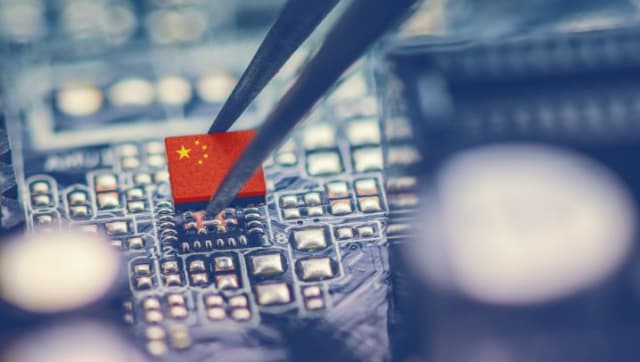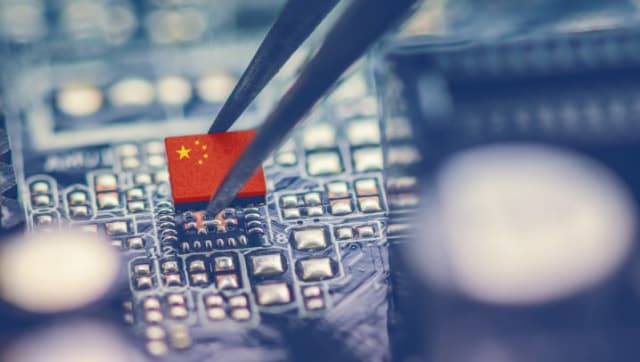China ‘strongly urges’ Japan not to be influenced by the US and disrupt global tech industry

With Japan set to impose hard restrictions on exports of Japanese chip-making technology, China, who depends on expertise from Japan, Netherlands and Taiwan, has urged Japan not to get influenced by the US’ propaganda and end up disrupting global tech
The Chinese government has made an appeal to Japan, asking them not to disrupt the semiconductor industry following the implementation of restrictions on exports of Japanese chip-making technology.
These restrictions add to the technology limitations that Washington and its allies have already imposed on China for security reasons.
The recently implemented Japanese restrictions limit China’s access to tools used for etching microscopically small circuits on advanced chips, which are crucial components for smartphones, artificial intelligence, and other applications.
Related Articles

Despite sanctions by the US, Intel and NVIDIA continue to push AI-chips to China
![]()
Semicon Wars: China has shot itself in the foot by limiting chip-making metals, says US national security advisor
The Netherlands has also joined the United States in restricting access to chipmaking tools, citing concerns that these tools could potentially be used for the development of weapons.
A spokesperson from China’s foreign ministry, Mao Ning, expressed deep dissatisfaction and regret over Japan’s actions. The spokesperson urged Japan to avoid allowing these measures to interfere with the normal cooperation between the two countries in the semiconductor industry.
The appeal comes as the global semiconductor supply chain faces increasing geopolitical tensions and technology-related trade restrictions.
The Chinese Communist Party has made substantial investments, amounting to billions of dollars, in building Chinese chip foundries. However, despite these efforts, China still relies on Western and Japanese technology to manufacture the most advanced chips.
This dependence on foreign technology poses a significant challenge to Beijing’s goal of developing its tech industries.
The United States initiated restrictions on Chinese access to chips and chipmaking technology during the presidency of Donald Trump in 2019. The Biden administration subsequently expanded these controls to include blocking access to chip design and manufacturing tools.
In response, the Chinese government, led by Xi Jinping, has been cautious and deliberate in its actions, possibly to avoid disrupting its emerging tech industries.
However, last month, Beijing caused concern among Japanese and Korean chip manufacturers by announcing an export review process that could potentially lead to restrictions on gallium and germanium, two metals crucial in semiconductor production.
This situation highlights the complex dynamics and tensions surrounding the global semiconductor industry, with geopolitical factors influencing technology access and trade relationships.
China’s ambitions to develop and enhance its tech industries face challenges due to the need for advanced chip technology from Western and Japanese sources and the restrictions imposed by the United States and its allies.
For all the latest Technology News Click Here

